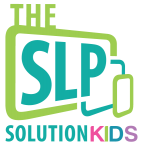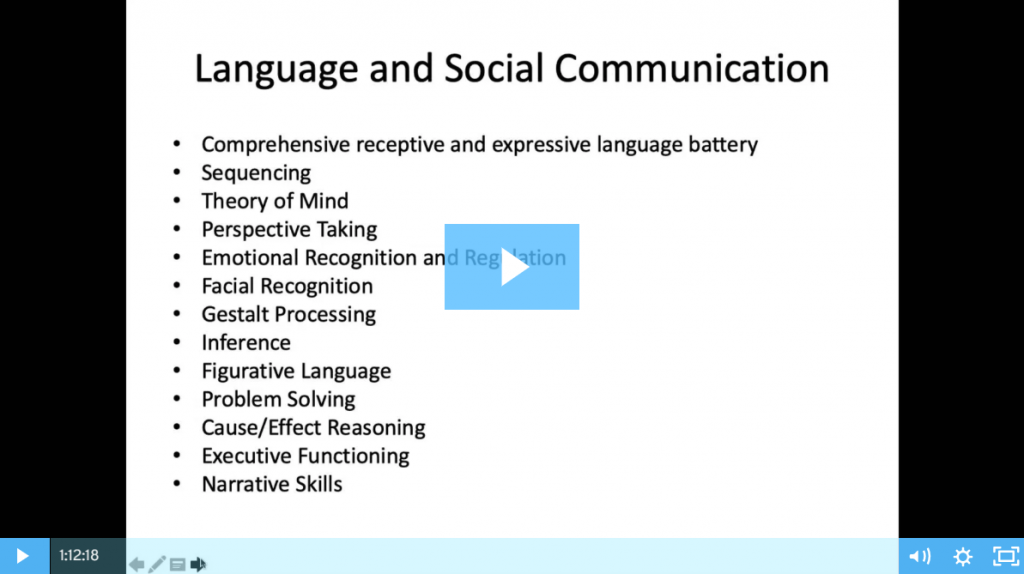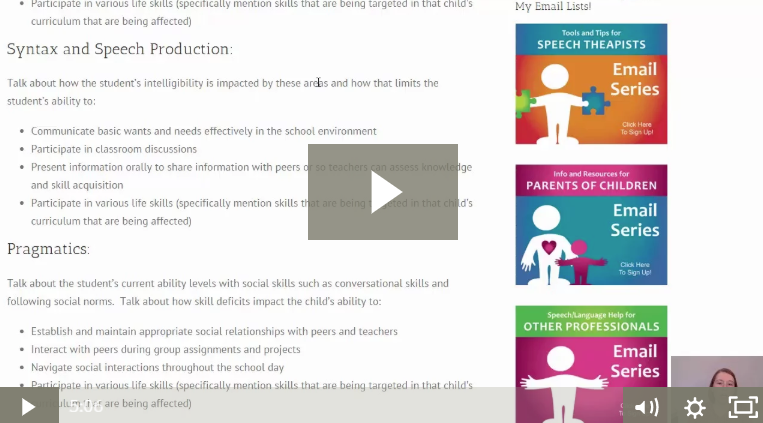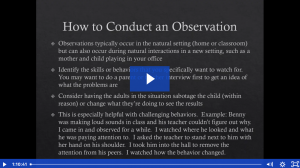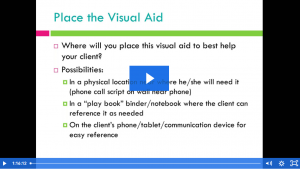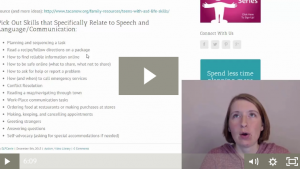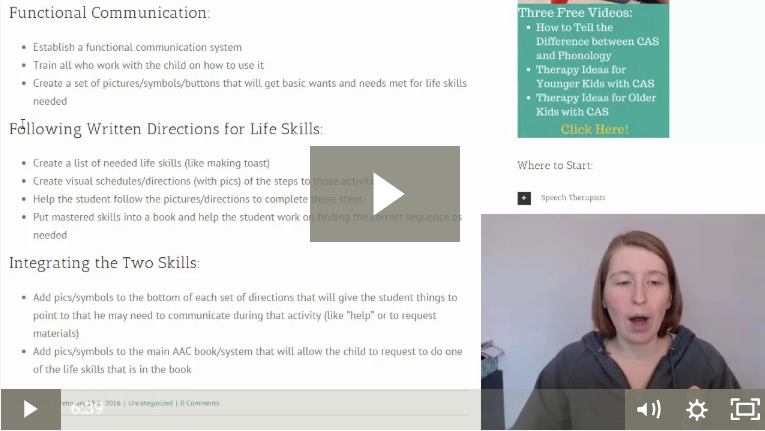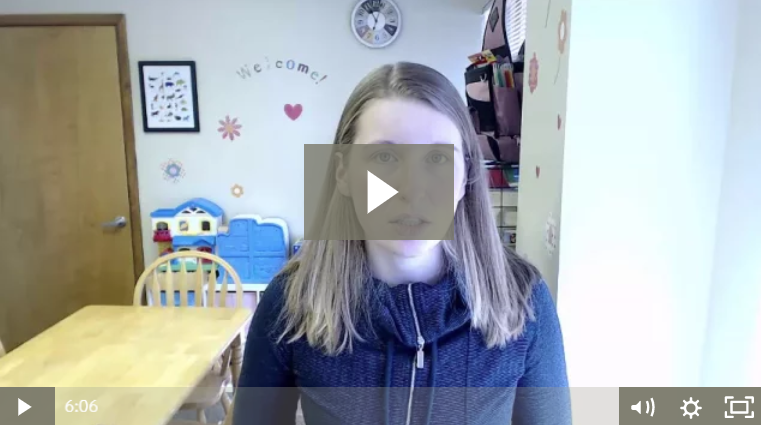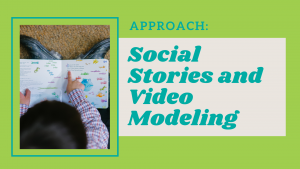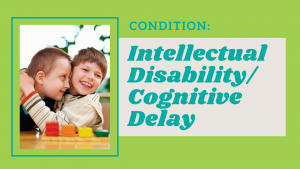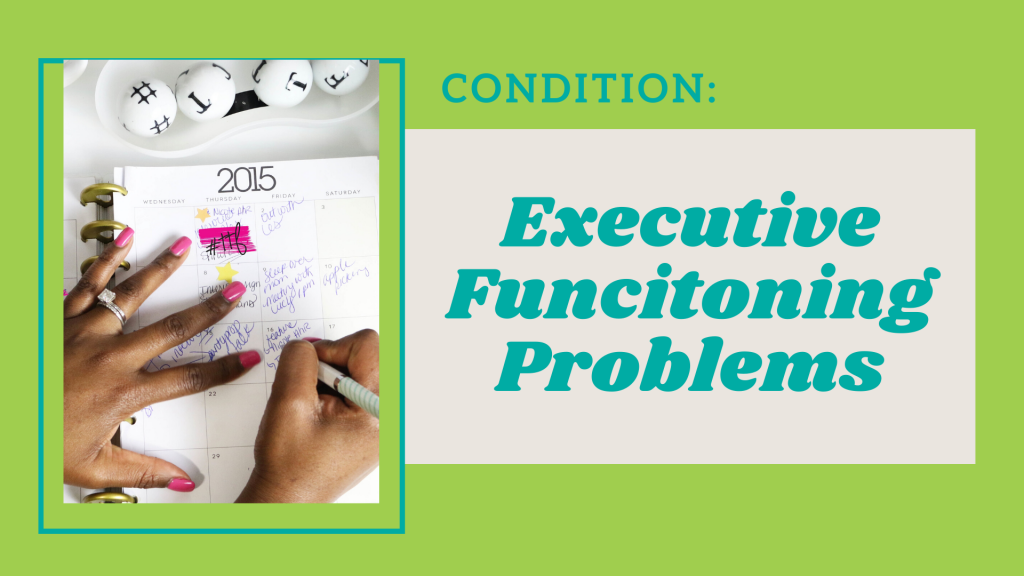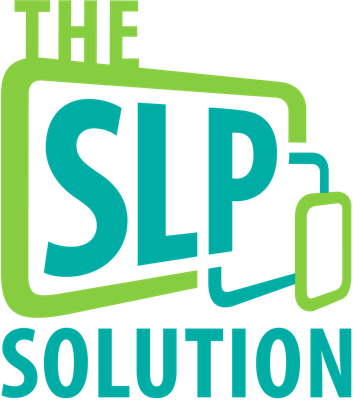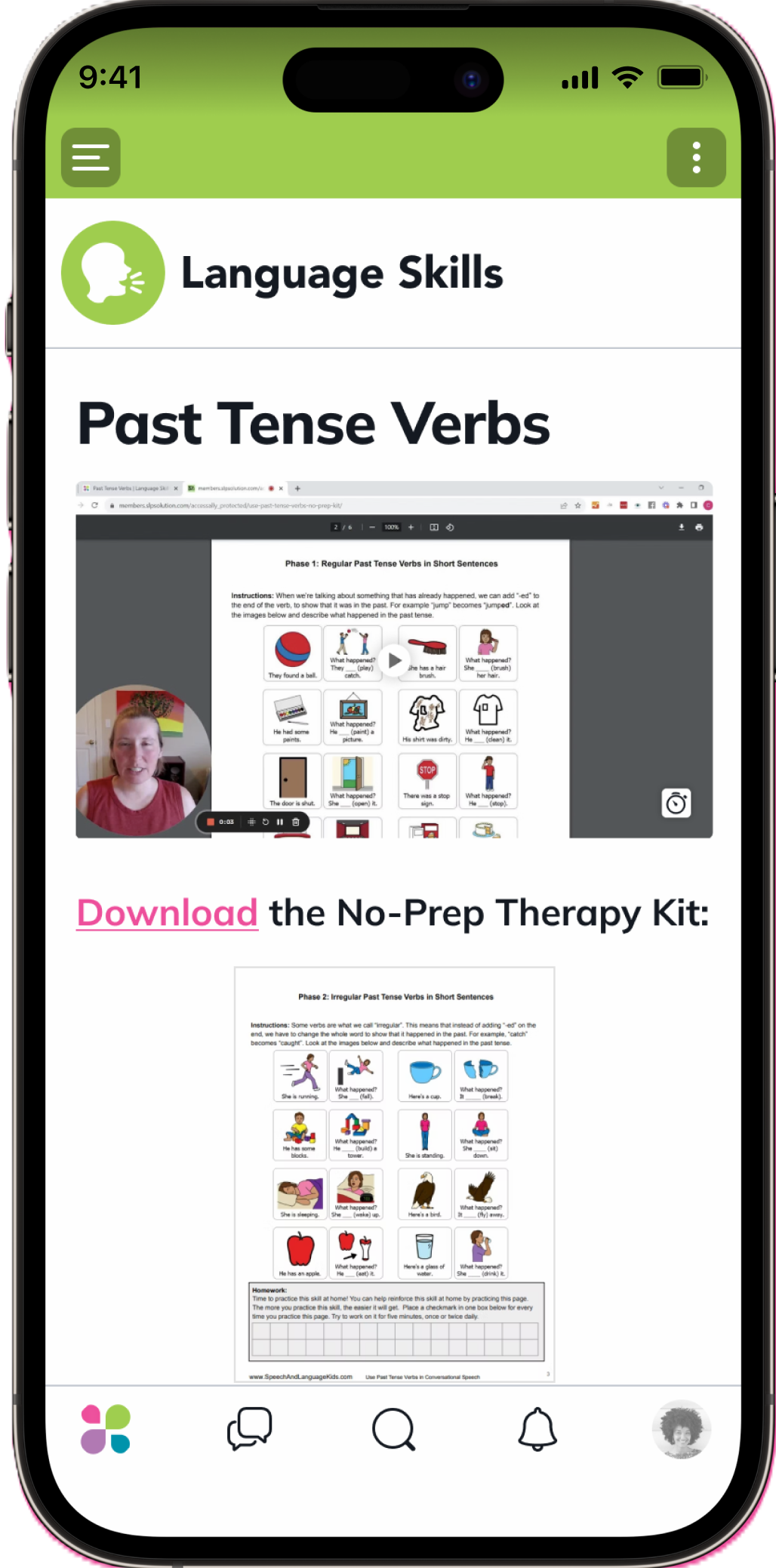Condition: Difficulties with Communication Skills for Daily Living (Life Skills)
Jump To:
Norms by Age Evaluation Suggested Goals Therapy
Definition:
When working with older clients, such as adolescents, teenagers, and young adults, it is important to consider the client’s ability to use communication skills for activities of daily living. We call these “life skills”.
What is the SLP’s Role in Addressing Life Skills?
SLPs ensure that intervention provides ample opportunities for communication and incorporates a variety of language functions (e.g., greeting, commenting, requesting); multiple partners; different forms and modalities [e.g., speech, AAC]; and varied communication contexts [e.g., home, educational, recreational, vocational, and community settings]). We address spoken and written language for social, educational, and vocational functions, with an emphasis on participation in specific activities identified as problematic for the individual.
Source: https://www.asha.org/PRPSpecificTopic.aspx?folderid=8589942540§ion=Treatment
Developmental Norms:
Life skills or daily living skills begin to develop at a young age as children observe their parents engaging in these activities and gradually take on more and more responsibility at home. There is no standard order of acquisition or developmental norms for when specific life skills are acquired as every family unit will present these somewhat differently. But by the time children officially become adults, they are expected to be able to take care of their own daily needs and be able to live independently. Our clients will severe communication disorders may have difficulty with the communication aspects of many of these independent living skills.
Young adults need to be able to communicate in a variety of situations including but not limited to:
- Health and safety concerns
- Career path and employment
- Self-determination/advocacy
- Peer relationships, socialization and social communication
- Community participation
- Personal finance
- Transportation
- Leisure/recreation
- Home living skills
Evaluation:
When evaluating a teenager or young adult for life skills, it is important to work with the client’s full team to conduct a transition assessment to determine which areas the client will need additional support in as he/she transitions from the educational setting to the next phase of life.
There are many resources out there to help evaluate a person’s life skills, including the following free inventories:
- Life Skills Inventory Independent-Living Skills Assessment Tool: https://transitioncoalition.org/blog/assessment-review/life-skills-inventory-independent-living-skills-assessment-tool/
- Autism Speaks Community-Based Skills Assessment: https://www.autismspeaks.org/tool-kit/community-based-skills-assessment
Here are some additional resources that will help you with various aspects of evaluating this condition:
The SLP’s Role in Autism Assessment – Webinar Recording
A one-hour webinar recording that will help you understand your role in the evaluation process for children with autism spectrum disorders.
Writing the “Present Level” of your Report for Targeting Life Skills
A quick video to help you write the part of your report that requires a description of the client’s current level of functioning.
Suggested Goals:
The results of the assessment process should help guide what you will target in therapy. Here are some goals that may be helpful for this condition. You can click on one of the goals below to learn more. Or, scroll down to the therapy section for more in-depth resources and support for treating this condition.
- Speech Intelligibility
- AAC Use
- Self-Advocacy
- Navigating disagreements with housemates
- Calling for help in an emergency
- Calling a landlord or service provider
- Setting up services and paying bills
- Calling the doctor if sick
- Reading safety labels
- Communicating with neighbors (and getting help when needed)
- Speech Intelligibility
- AAC Use
- Self-Advocacy
- Communicating with Teachers/Professors
- Communicating with Peers
- Rules for Group Projects
- How to Seek Help from Disability Services
- Asking for and Implementing Accommodations for Language Disabilities (Recording Lectures, Note Taking, etc.)
- Asking for Help when Struggling
- Speech Intelligibility
- AAC Use
- Self-Advocacy
- Finding Groups/Events that Correspond with Your Hobbies/Interests
- Contacting Groups to Get More Information
- Interacting with Others In the Group Setting
- Read Social Cues of Others During Recreation Activities
- Ask for Help when Needed
- Speech Intelligibility
- AAC Use
- Self-Advocacy
- Contacting Someone to Inquire about a Job
- Interview Skills
- How to Interact with a Boss/Supervisor
- How to Interact with Coworkers
- How to Interact with Customers/Clients
- Asking for Help/Additional Training
- How to Interact During a Review or Disciplinary Meeting
- Speech Intelligibility
- AAC Use
- Self-Advocacy
- How to Order Food at a Restaurant
- How to Interact When Purchasing Something at a Store
- How to Ask for Help in the Community
- How to Follow Safety Warnings/Signs
- Social Rules in Various Settings (public transportation, parks, libraries, etc.)
Therapy:
Here are some more resources and information that may help you when it comes to treating this condition.
Teaching Communication Skills for Daily Living to Teens and Adolescents – Webinar Recording
One-hour webinar recording all about how to teach teens and adolescents communication skills they need for daily living activities
Ideas for Targeting Life Skills for Adolescents with Autism
Quick training video with some ideas of how to choose life skills to target for an adolescent with autism.
Therapy Ideas for a Non-Verbal Client with Autism Working on Life Skills
Quick training video that walks you through some different therapy activities.
Working with Children with Intellectual Disabilities
Quick video with an overview of what to target for children with intellectual disabilities.
Approach: Social Stories and Video Modeling
Social stories and video modeling can be great tools for teaching life skills to teens and adolescents.
Condition: Intellectual Disability/Cognitive Impairment
Tips and resources for working with children with intellectual disability or cognitive impairments.
Condition: Executive Functioning Problems
Resources and materials for clients who have trouble with executive functioning problems, such as attention, memory, time management, emotional regulation, etc.
Didn’t Find What You’re Looking For?
We’re constantly working on adding new features and topics to this membership site. If you don’t find what you’re looking for by using the search bar at the top of the page, please use the button below to request new features or topics to be added!
